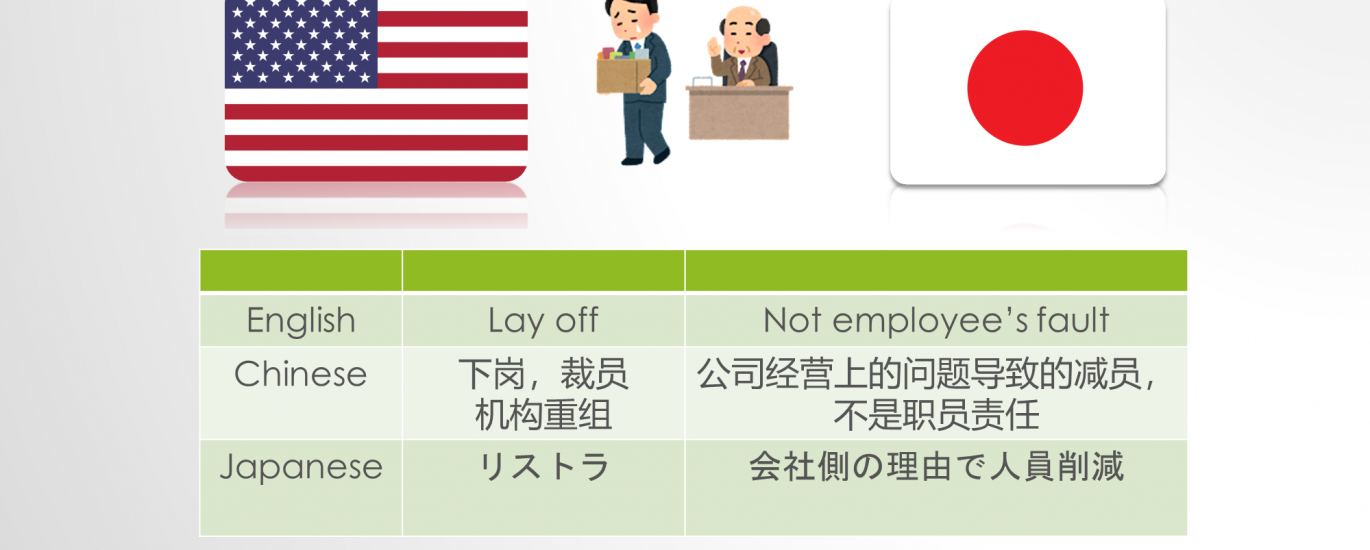



Layoff and Fire are two common forms of employee departure, and they have distinct differences in nature and reasons.
Firstly, Layoff is usually a result of economic factors within or outside the company, leading to a reduction in the workforce. In such cases, layoffs are often temporary and are implemented to cut costs or adapt to business changes. Layoffs are not an evaluation of individual employee performance but rather a decision made at the company’s strategic level. During a layoff process, the company may provide advance notice to employees and offer certain compensation or benefits to mitigate the impact of unemployment.
On the other hand, Fire (Termination) is the result of an employee’s poor performance, violation of company rules, or other behavioral issues. Termination is a punitive action directed at an individual employee and is typically permanent, with the company no longer considering rehiring the terminated employee. In termination cases, employees often receive little or no advance warning, and they usually do not receive the compensation or benefits provided during layoffs.
Podcast: Play in new window | Download